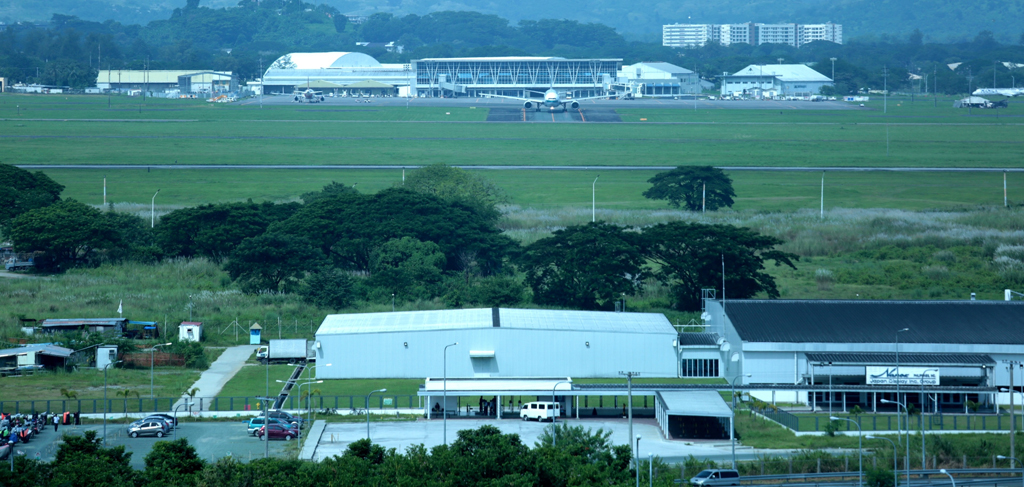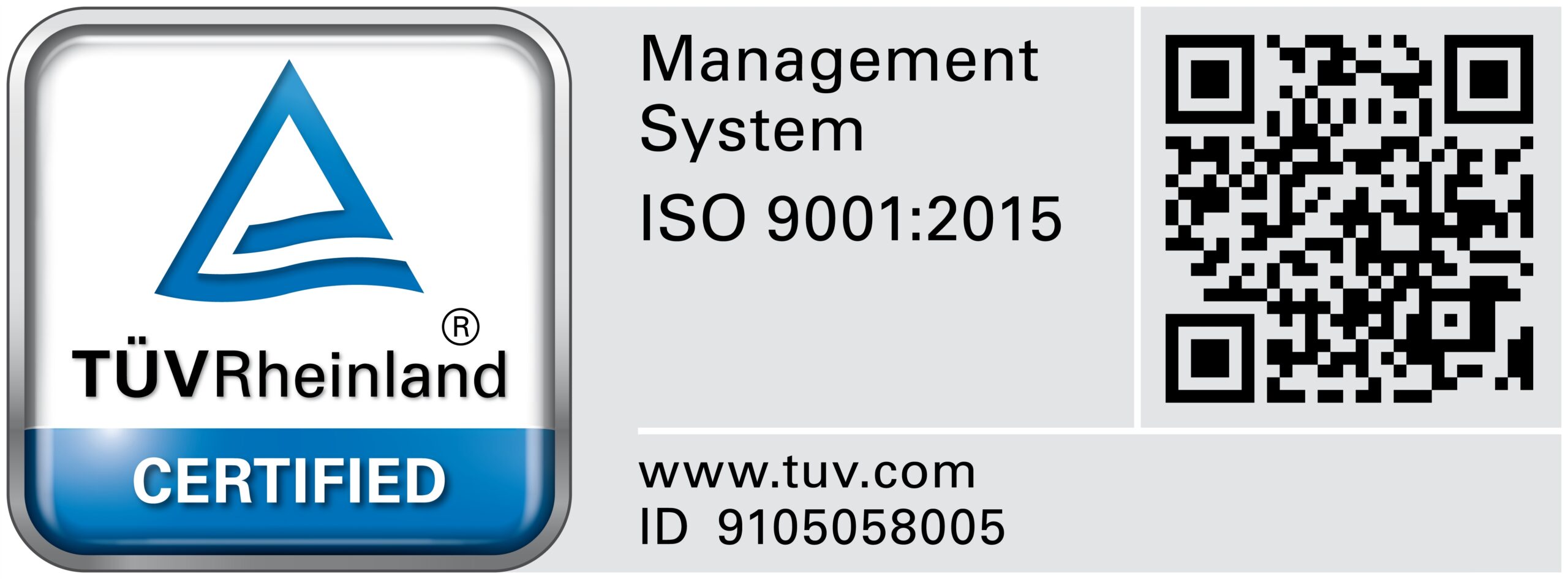
The significant advances already achieved inside the Clark Freeport Zone—increased revenue, investments and jobs, a sprawling new passenger terminal, the New Clark City, and a promising future for CIAC’s aviation complex—are definitely far more greater than the sum of its parts. While the government and airports and its stakeholders continue to work together to create that synergy, CIAC is both prepared and attentive to take-on Clark’s sustained growth in a competitive environment.
Indeed, the ‘airport city’ vision draws a parallel to airport economics—that the building of a globally-competitive airport in a given area is directly conducive to the economic growth of the region. The same vision will make CIAC more competitive, with increased investments and employment opportunities that support the national government’s thrust of expanding growth and development and dispersing it to regions and provinces.
Mandate
Clark International Airport Corporation (CIAC) is mandated by E.O. No. 192 (s. 1994), E.O. No. 360 (s. 1996), E.O. No. 186 (s. 2003), E.O. No. 716 (s. 2008), and E.O. No. 14 (s. 2017) to operate and manage the 2,367 hectare Clark Civil Aviation Complex (CCAC) and engage in civil aviation, aviation-related services, and aviation-related logistics activities.
In addition, CIAC has the fifty (50)-year franchise to operate the Clark Civil Aviation Complex.
Core Competency And Services
CIAC offers investors an ideal location for both aviation-related and non-aviation business activities.
The complex is fully secured by a perimeter fence with access roads guarded at all times by CIAC Security Personnel and outsourced agency guards. Security within the area is further reinforced by the presence of the Philippine Air Force and the PNP-Aviation Security Group.
Investors also have the opportunity to lease vast tracts of land and structures at very reasonable fees ranging from 75 cents to 2 US dollars for an extended period of 50 years; aside from the numerous tax and importation benefits afforded to them for doing business within a Freeport zone.
Estate Management
Lease of land, structures, and spaces for potential investors who would like to establish businesses involving aviation, aviation-related services, and aviation-related logistics activities.
- Services: Lease of real properties (land, buildings, commercial space).
- Customers: Local and foreign investors
- Delivery Mechanism: Identification and marketing of available properties and spaces for lease; and contract management system
The real estate portfolio of the corporation comprises the leasable land, buildings and structures within the Clark Civil Aviation Complex.
Pursuant to Executive Order No. 14, issued on 28th of February 2017, CIAC has the authority to engage in civil aviation, aviation-related services and aviation-related logistics activities within Clark Civil Aviation Complex and the Clark Industrial Estate 5 areas, as defined in EO No. 716.
With the issuance of the Executive Order No. 81, on 04 June 2019, the Clark IE 5 is reclassified as an international center of commerce, industry, leisure and recreation, and amending EO NO. 716. Said policy has authorized CIAC to enter into lease agreements and similar business arrangements covering the IE5 for a broad range of commercial, industrial, leisure and recreation-related activities. Also, CIAC has been directed to secure prior approval from Department of Transportation (DOTr) and Bases Conversion and Development Authority (BCDA) for all other business activities.
The CIAC Marketing Department is primarily responsible for processing lease proposals.
Legal References
Republic Act No. 7227, also known as the Bases Conversion Act of 1992, created the Bases Conversion and Development Authority (BCDA) as the implementing arm of the Philippine government to accelerate the conversion of the former Clark Military Reservation into the Clark Special Economic Zone.
In 1994, pursuant to Executive Order (EO) No. 192, Clark International Airport Corporation (CIAC) was incorporated and registered with the Securities and Exchange Commission (SEC) as a wholly-owned subsidiary of the Clark Development Corporation (CDC), with the primary purpose of operating and managing the Clark Civil Aviation Complex (CCAC).
Two years after, EO No. 360 (s. 1996) was issued making CIAC a subsidiary of the BCDA.
EO No. 07 (s. 2001) authorized the merger of CIAC and CDC, with CDC as the surviving corporation to ensure effective and efficient coordination of policies and operations. In 2003, EO No. 186 re-established CIAC as a subsidiary of the BCDA, which was later repealed by EO No. 193 (s. 2003), re-establishing CIAC as a subsidiary of CDC.
CIAC was later transformed from a subsidiary of CDC to a subsidiary of BCDA and made subject to the policy supervision of DOTC under EO No. 716 in 2008. EO No. 716 further provided that CIAC shall exercise jurisdiction over CCAC, which is comprised of 2,200 hectares, as well as over the area of approximately 166.9 hectares within the Clark Industrial Estate 5, which is bounded on the East by the East Perimeter Wall; on the West by the Subic-Clark-Tarlac Expressway (SCTEX) Interchange; and on the North by the SCTEX Logistics Interchange.
On 21 December 2011, EO No. 64 was issued making CIAC an attached agency of the DOTC, which shall exercise administrative control and supervision over CIAC.
EO No. 14 was issued on 28 February 2017, reverting the Clark International Airport Corporation as a subsidiary of the Bases Conversion and Development Authority, and maintaining the policy supervision and operational control of the Department of Transportation (former DOTC) over the Clark International Airport.







